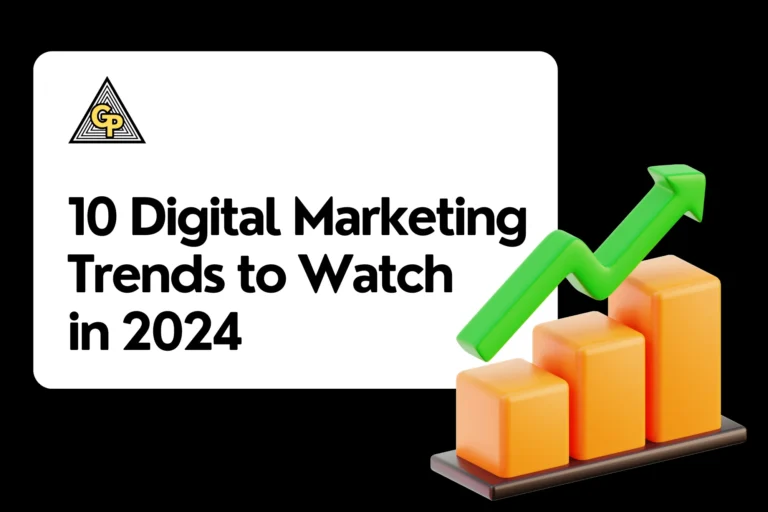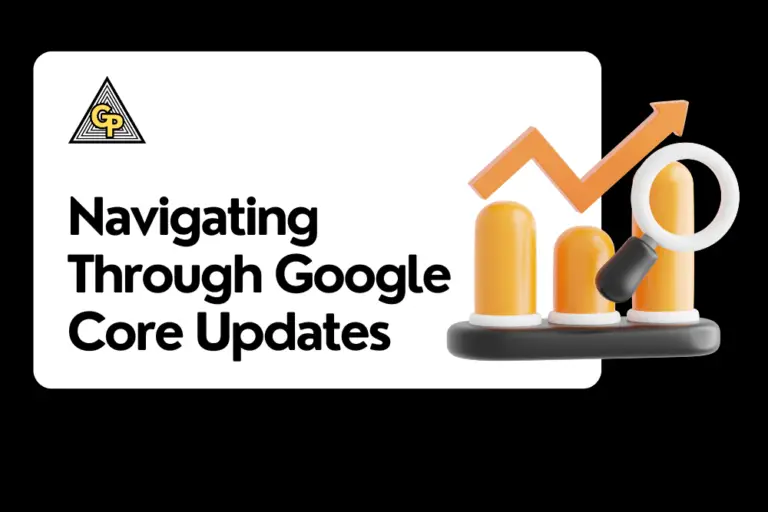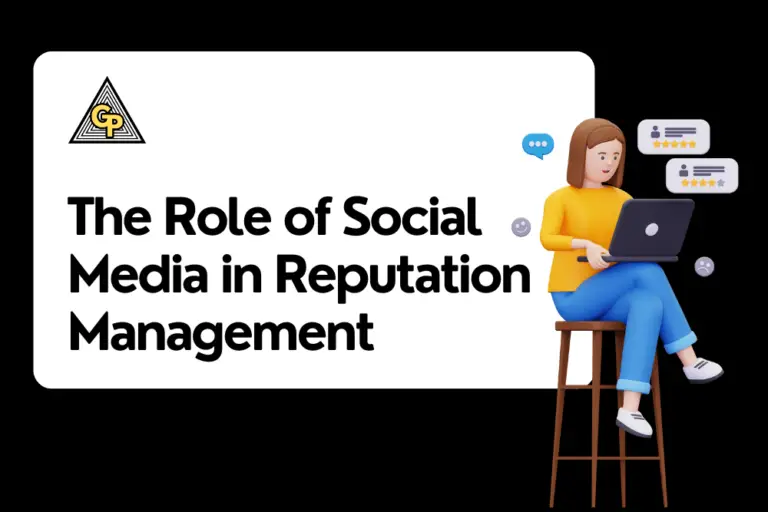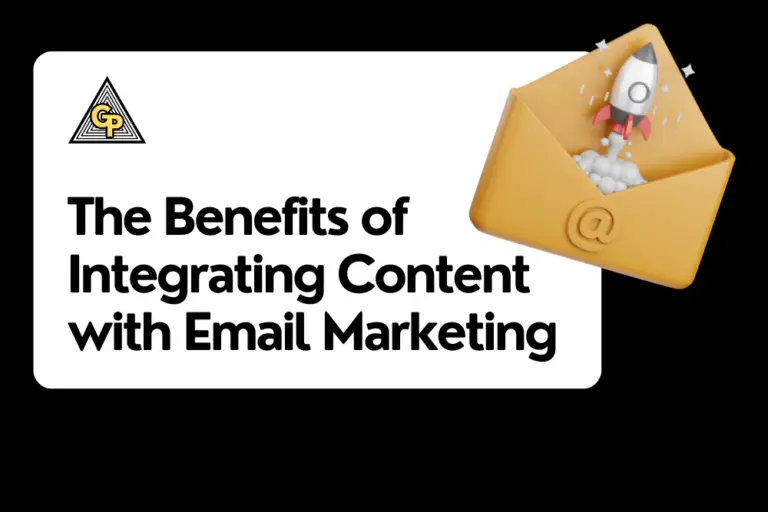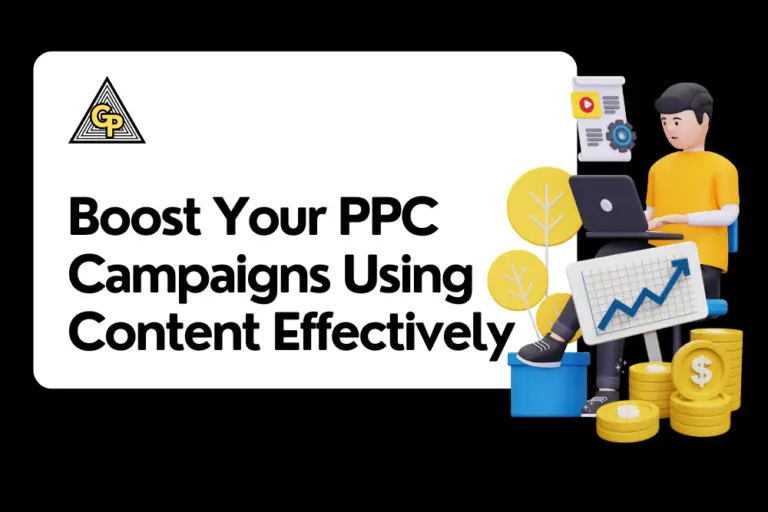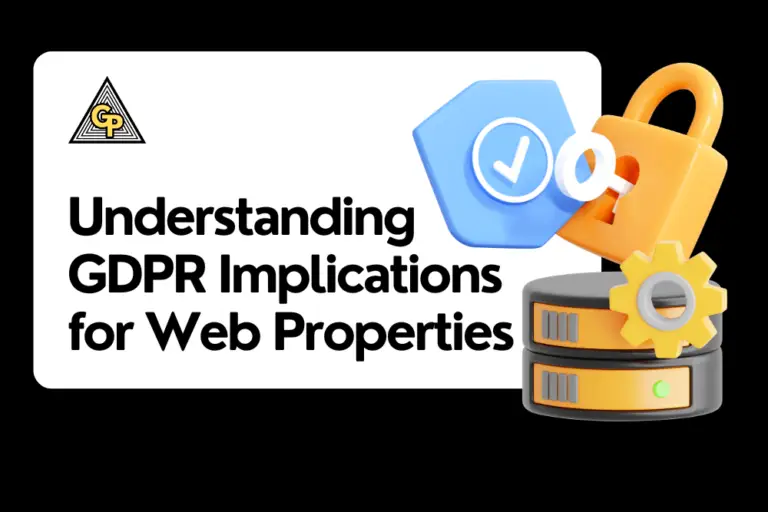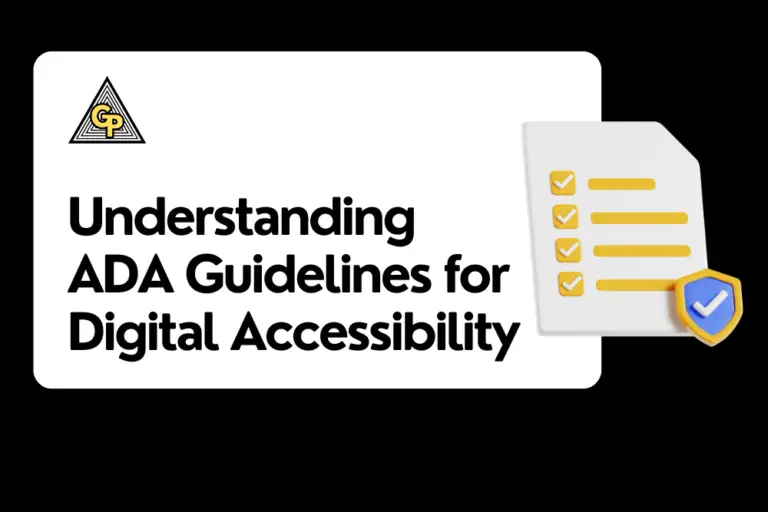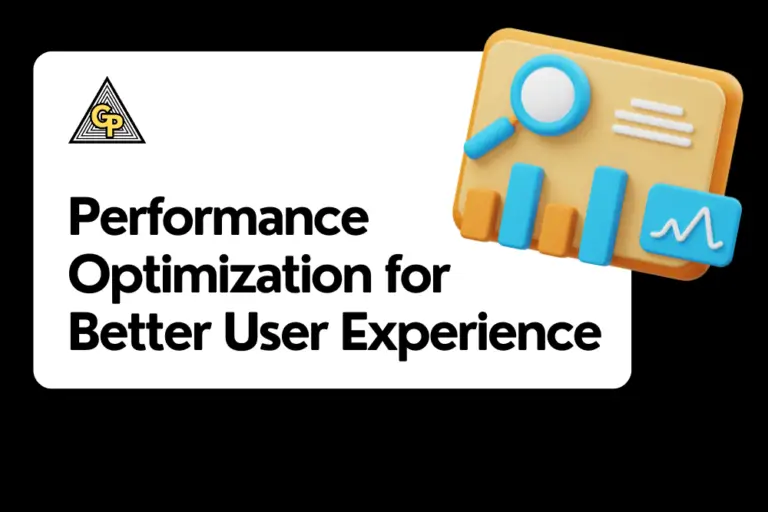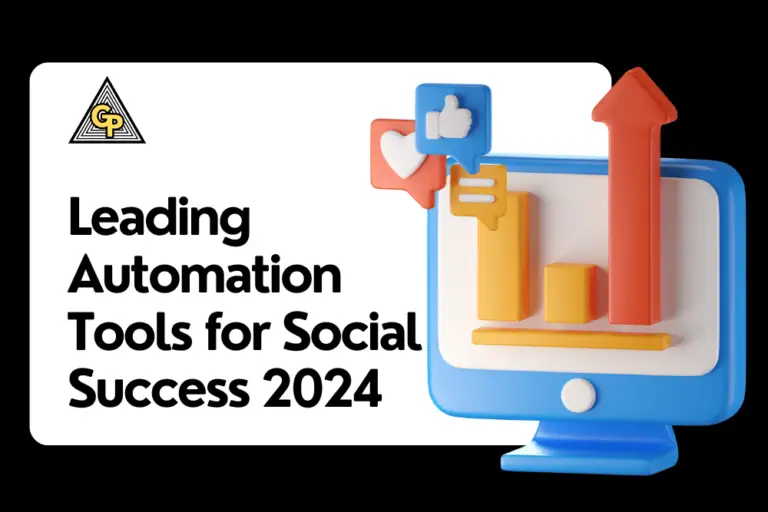Organic Search: What It Is and How It Works
Organic search refers to the unpaid search results that appear on search engine results pages (SERPs) based on their relevance to the search terms, as opposed to being advertisements. In the vast and constantly evolving digital landscape, being visible on search engines like Google, Bing, or Yahoo can significantly impact a brand’s online presence and success. This section of the document will explore the fundamentals of organic search, how it differentiates from paid search, and the mechanics behind how search engines rank these natural listings. Understanding these concepts is critical for anyone looking to improve their website’s visibility and drive more natural traffic in an increasingly competitive online marketplace.
What is organic search?
Organic search, also known as natural search, is the method of garnering unpaid traffic through search engine results pages (SERPs) without any monetary transactions. When individuals input a query into search engines such as Google, Bing, or Yahoo, complex algorithms are employed to provide a list of pertinent websites. Organic search outcomes are distinguished by their appearance based organic search ranking factors on relevance to the user’s query, devoid of any direct financial transactions, making them a crucial aspect of digital marketing strategies.
What services are included in organic search?
Organic search encompasses a variety of services aimed at improving a website’s visibility and ranking in search engine results pages (SERPs) without direct payment. These services are essential for businesses and individuals looking to have search engine ranking attract targeted traffic and increase online presence. Here’s a more detailed and informative breakdown of the services included in organic search:
- Keyword Research: This service involves identifying and analyzing the terms and phrases users enter into search engines when looking for information related to your business or industry. Keyword research helps in understanding user intent and guides content creation and optimization efforts.
- Content Creation and Optimization: Content is at the core of organic search. This service entails creating high-quality, relevant, and engaging content that aligns with user queries and search engine algorithms. Content optimization involves strategically incorporating target keywords, structuring content for readability, and ensuring it provides value to the audience.
- Website Technical Optimization: Technical optimization focuses on improving the backend aspects of a website to enhance its performance and visibility to search engines. This includes optimizing website speed, implementing proper URL structures, ensuring mobile-friendliness, fixing crawl errors, and enhancing site security through HTTPS protocols.
- On-Page SEO: On-page SEO involves enhancing individual web pages to achieve higher rankings and attract more targeted traffic. This optimization encompasses refining title tags, meta descriptions, headers, and image alt tags, while also enhancing internal linking frameworks and URL structures.
- Off-Page SEO: Off-page SEO involves activities outside of your website that impact its search engine rankings. The primary focus is on building high-quality backlinks from authoritative and relevant websites, as well as managing online reputation through social media engagement and online reviews.
- Local SEO: For businesses with physical locations or serving specific geographical areas, local SEO services are crucial. This involves optimizing the website for local searches, managing business listings on platforms like Google My Business, and earning local citations from directories and relevant websites.
- Structured Data Markup: Structured data markup, also known as schema markup, helps search engines better understand the content of a webpage. By adding structured data to your website, you can enhance rich snippets in search results, improve click-through rates, and potentially qualify for featured snippets and other SERP features.
- Continuous Monitoring and Optimization: Organic search is an ongoing process that requires constant monitoring and optimization. This service involves tracking key performance metrics such as keyword rankings, organic traffic, conversion rates, and user engagement to identify areas for improvement and adjust strategies accordingly.
- SEO Audits and Analysis: Periodic SEO audits are essential for evaluating the effectiveness of organic search efforts and identifying areas for improvement. This service involves conducting comprehensive website audits to assess technical issues, content quality, backlink profile, and overall SEO performance.
- Educational and Consultative Services: Many organic search service providers offer educational resources, workshops, and consultative services to help businesses understand SEO best practices, stay updated on algorithm changes, and develop long-term organic search strategies tailored to their specific goals and objectives.
What causes bad organic search ranking?
Several factors can contribute to poor organic search rankings, including:
- Lack of relevant and high-quality content.
- Poor website structure and technical issues such as slow page speed or mobile-friendliness.
- Insufficient or ineffective use of keywords.
- Limited or low-quality backlinks.
- Failure to comply with search engine guidelines and best practices.

Sign up for a FREE SEO Audit today!



What's the difference between paid and organic search?
The main difference between paid and organic paid search results lies in how website traffic is acquired and the associated costs:
Paid Search
Paid search involves advertisers paying search engines, such as Google Ads, for their website to show paid ads that appear prominently in search engine results pages (SERPs) for specific keywords or queries. These paid listings typically appear at the top of SERPs or in designated ad spaces and are identified as “sponsored” or “ad” results. Advertisers bid on keywords relevant to their business, and their ad placement is determined by factors such as bid amount, ad relevance, and ad quality. Advertisers pay the search engine each time a user clicks on their ad, hence the term “pay-per-click” (PPC) advertising.
Organic Search
Organic search refers to the natural, unpaid listings that appear in SERPs based on their relevance to a user’s query and the search engine’s algorithmic ranking criteria. Websites earn their position in organic search results through a combination of factors, including content relevance, website authority, backlink profile, user experience, and technical optimization. Unlike paid search, organic search traffic is not directly influenced by monetary payments to search engines. Instead, organic search consists when it is acquired through strategic optimization efforts aimed at improving a website’s visibility and ranking in organic search results.
What is the role of backlinks in organic search?
Backlinks, also known as inbound links or external links, are hyperlinks from one website to another. In organic search, backlinks play a crucial role in determining a website’s authority and relevance to search engines. Essentially, backlinks act as “votes” for a webpage, indicating to search engines that other websites consider the web page’s content valuable and trustworthy enough to link to.
What factors affect Organic Search Rankings?
Several factors influence organic search rankings, including:
- Content relevance and quality.
- Website structure and technical optimization.
- Backlink profile and authority.
- User experience and engagement metrics.
- Mobile-friendliness and page speed.
- Social signals and brand reputation.
How does organic search help my website rank?
Organic search helps your website rank by improving its visibility and relevance to search engine algorithms. By optimizing your website’s organic search reporting metrics, content, structure, and backlinks, you can increase its authority and trustworthiness in the eyes of search engines. This, in turn, can lead to higher rankings in organic search results pages, increasing the likelihood that users will click through to your website. Additionally, organic search can help drive targeted and qualified traffic to your website, potentially resulting in increased conversions and revenue. By continuously monitoring and optimizing your website’s organic search performance, you can improve its overall online presence and attract more visitors from relevant searches. So, investing in organic search services can have a significant impact on driving business growth and success.
How to check and monitor organic search rankings?
You can check and monitor organic search rankings using various tools such as Google Search Console, Google Analytics, and third-party SEO platforms like SEMrush or Moz. These tools provide insights into your website’s performance in search results, including keyword rankings, click-through rates, and impressions on search queries.
How to improve organic search traffic?
To improve organic search traffic, focus organic rankings is on:
- Creating high-quality, relevant content.
- Optimizing website structure and technical aspects.
- Conducting keyword research and targeting relevant terms.
- Building a strong backlink profile from reputable sources.
- Enhancing user experience and engagement.
- Monitoring and adjusting your SEO strategy based on performance metrics.
How can I get more clicks from organic search?
To get more clicks from more organic traffic, search:
- Write compelling meta titles and descriptions.
- Use schema markup to enhance rich snippets.
- Optimize for featured snippets and other SERP features.
- Improve page load speed to reduce bounce rates.
- Utilize attractive visuals and multimedia content.
- Continuously refine and update your content to remain relevant and engaging.
How does organic traffic differ from direct traffic?
Organic traffic and direct traffic are two distinct sources through which users reach a website:
Organic Traffic:
Organic traffic refers to the visitors who land on a website by clicking on a link in the search engine results pages (SERPs) after conducting a search query. These visitors find the website through unpaid, natural search engine listings. Organic traffic is generated when users click on organic search results, which are based on the relevance and authority of the website in the search engine results page in relation to the user’s search query. Organic traffic is typically acquired through search engine optimization (SEO) efforts, including keyword optimization, content creation, and link building.
Direct Traffic:
Direct traffic, on the other hand, refers to visitors who navigate directly to a website by typing its URL into the browser’s address bar or by clicking on a bookmarked link. These website visitors are already familiar with the website and have chosen to visit it directly without relying on search engines or other referral sources. Direct traffic can also include visits from users who access the website through non-clickable links, such as those found in email signatures or offline marketing materials. Direct traffic is not influenced by search engine rankings or optimization efforts but is instead driven by factors such as brand recognition, user loyalty, and offline promotional activities.
Why is organic search important?
Organic search is crucial to organic search strategy because it provides sustainable, long-term traffic and leads to your website without ongoing advertising costs. It helps build brand credibility, attracts targeted audiences actively seeking your products or services, and offers valuable insights into user behavior and preferences. Additionally, strong organic search rankings can provide a competitive advantage in the digital marketplace.

